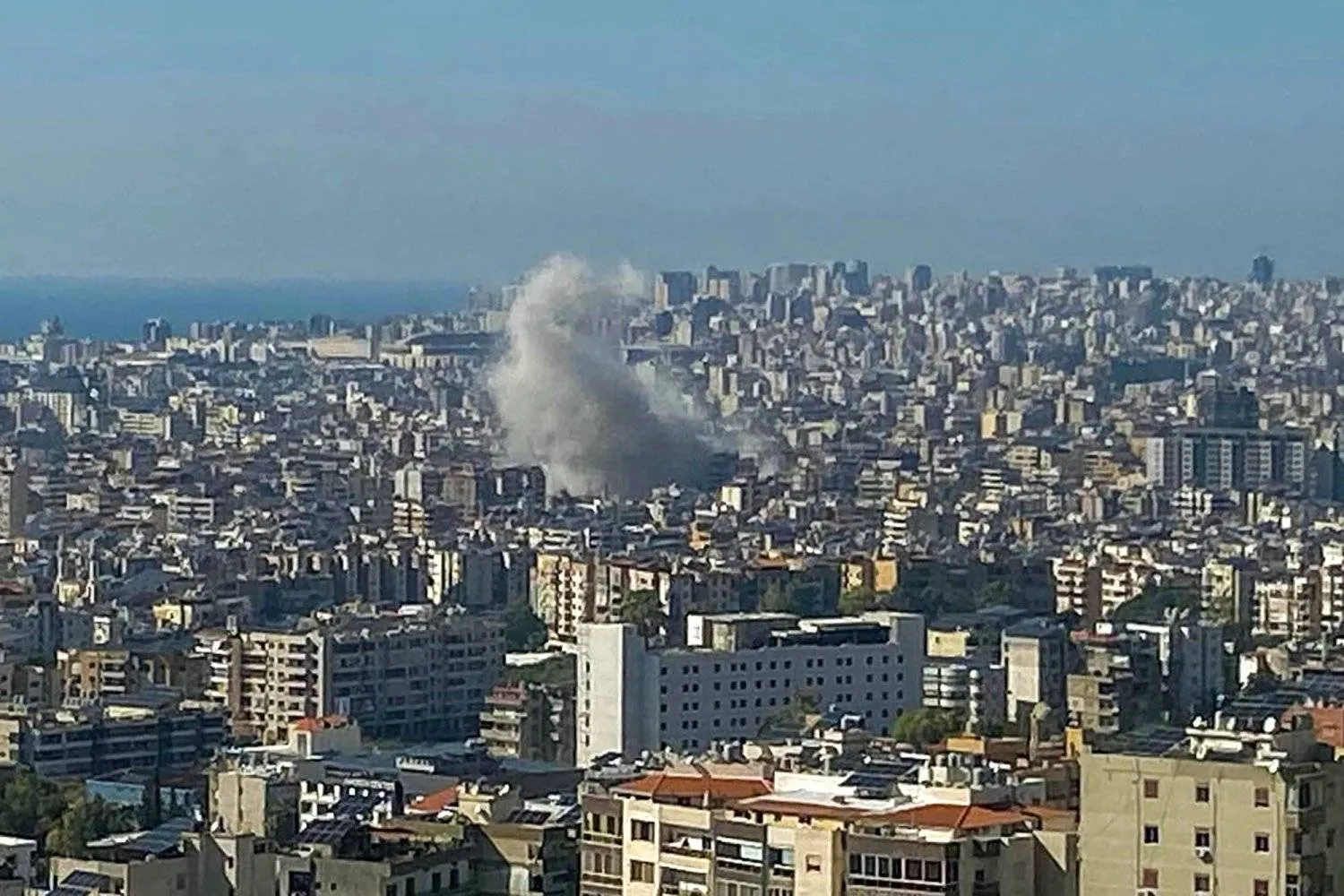Lebanese political and diplomatic activity is intensifying after the release of an “international-Arab call” for a ceasefire in Lebanon and Gaza.
“The key lies in implementation,” Lebanese Parliament Speaker Nabih Berri told Asharq Al-Awsat, describing the call itself “a victory for Lebanon’s efforts.”
Berri highlighted the role of major players, especially the US, in convincing Israel to accept the ceasefire.
He pointed out that Israeli Prime Minister Benjamin Netanyahu “says one thing and its opposite,” while stressing that Lebanon is committed to the call’s principles and ready to act.
“There is no problem on the Lebanese side, as the international joint statement addressed both Gaza and Lebanon together,” Berri stressed.
A Lebanese source involved in negotiations at the UN indicated that the obstinacy of both Israel and Hezbollah had blocked a proposed solution.
Now, efforts are focused on establishing a temporary ceasefire to allow for negotiations regarding the crisis that erupted when Hezbollah, backed by Iran, engaged with Israel to support Gaza.
The source explained that the proposed solution involved a new UN resolution to reinforce Resolution 1701, effective since the end of the 2006 Lebanon War.
However, Hezbollah’s insistence on linking a ceasefire in Gaza to this proposal and Israel’s refusal to do so thwarted the plan.
The source expressed hope for a three-week temporary ceasefire, with negotiations led by US envoy Amos Hochstein between Beirut and Tel Aviv.
In New York, Lebanese Prime Minister Najib Mikati held diplomatic discussions aimed at stopping the Israeli offensive against Lebanon, engaging with European and Arab officials during his visit.
Reports suggested that Mikati had “signed a proposed ceasefire agreement” after meeting US Secretary of State Antony Blinken and mediator Amos Hochstein.
However, the Prime Minister’s office denied these claims, asserting that they are “entirely untrue.”
The office reminded the public of Mikati’s remarks after the joint call initiated by the US and France, supported by the European Union and several countries, aimed at establishing a temporary ceasefire in Lebanon.
“We welcome the statement, but the crucial factor lies in Israel's commitment to implementing international resolutions,” said Mikati.
New York Meetings
Mikati met with Cypriot President Nikos Christodoulides, who outlined Cyprus’s efforts to support Lebanon and facilitate a ceasefire, including his talks with Netanyahu.
The Lebanese premier also discussed the situation in Lebanon and the region with British Foreign Secretary David Lammy, highlighting Britain’s efforts to stop the fighting.
Additionally, Mikati met with Qatari Prime Minister Sheikh Mohammed bin Abdulrahman Al Thani, thanking Qatar for its support of Lebanon, particularly for its backing of the Lebanese army.
The Qatari Prime Minister briefed Mikati on ongoing ceasefire negotiations in Gaza and Qatar’s role in the international committee working to elect a new president for Lebanon.









